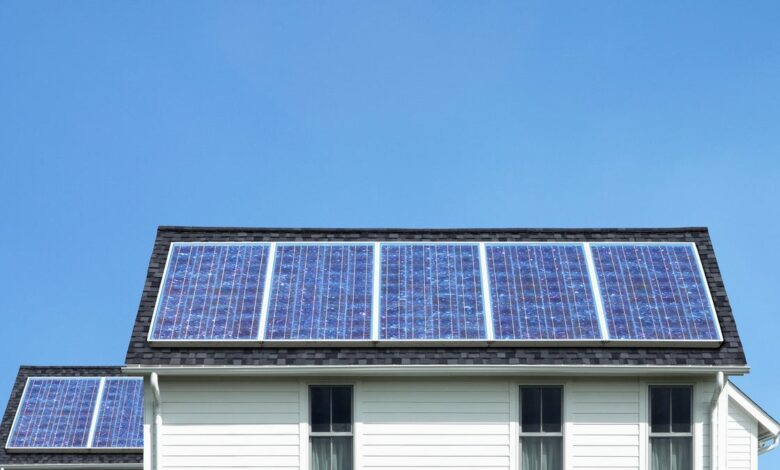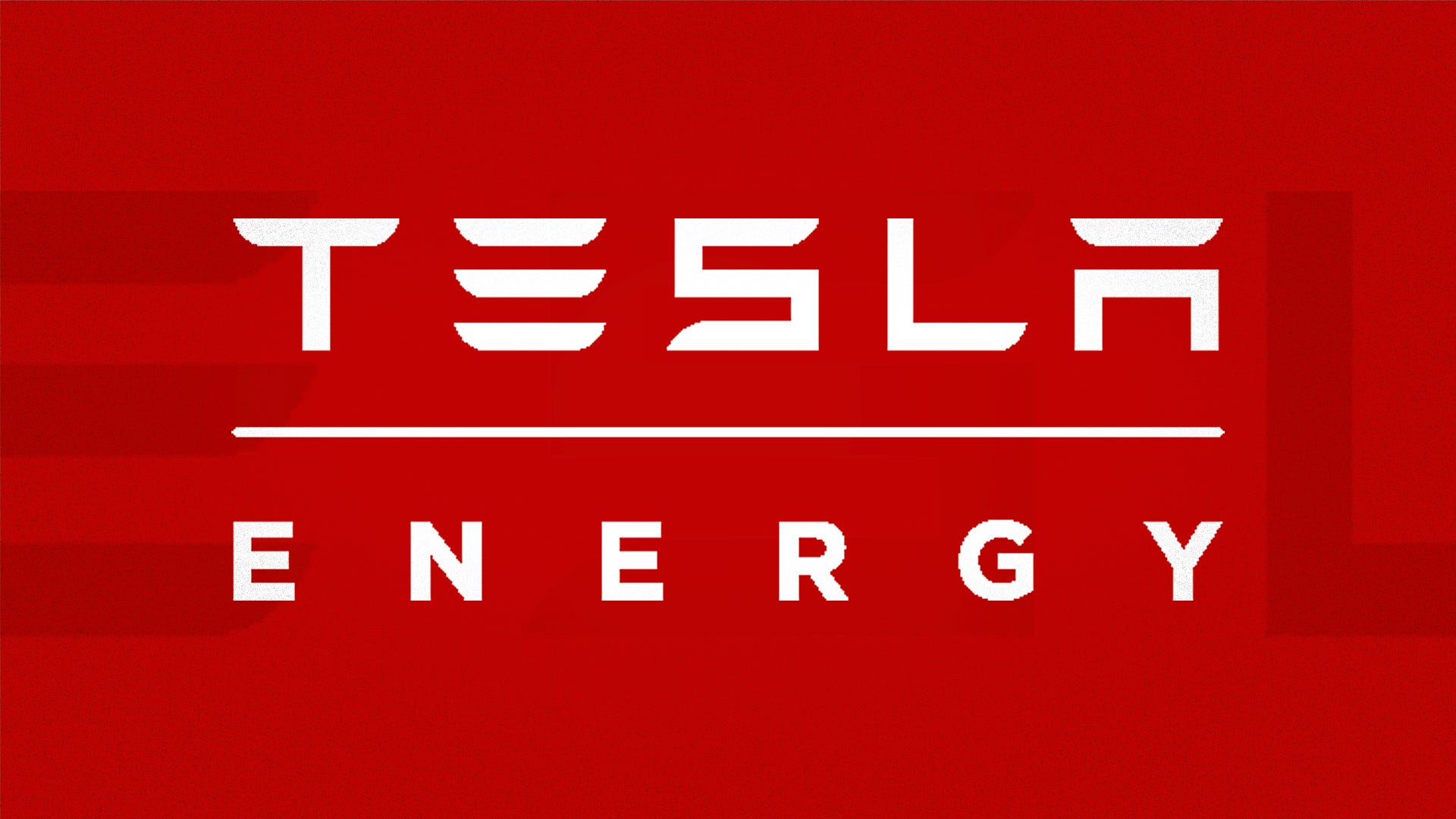Best Companies for Solar Panel Installation in Mississippi


Electricity bills in Mississippi are high due to the state’s overwhelming heat and humidity. In June 2023, The Magnolia State had one of the highest average electric bills in the country, with the average monthly bill for a Mississippi resident being $167. This is despite the fact that those bills were down 5% from the previous year.
That hot sun makes it hard to give the air conditioner a break in the summer. But what if you could let the sun power your air conditioner? Installing solar panels for your home can lower or even replace your energy bills and protect you from the unpredictable energy market. After the payback period of your solar system is over, you could save thousands on your energy bill. The cost of solar energy is decreased by 52% in the last 10 years and there are incentives available to lower the price further.
The federal solar tax credit has made installing solar easier than ever: Every U.S. resident can claim a 30 percent rebate on the cost of clean energy additions to their homes. Mississippi doesn’t have strong state incentives for solar, though net metering policies in the state can help you get credits on your electric bill by sending excess energy back to the grid.
Below is a summary of the costs, incentives, and solar companies offering rooftop installations in the state of Mississippi.
National Solar Panel Companies in Mississippi
There aren’t many residential solar companies to choose from in Mississippi. The following companies make our list of the best solar companies nationwide.

Tesla Solar Energy
Most affordable
Tesla’s solar business appears to be the least loved of Elon Musk’s ventures. Even Tesla’s Solar Roof appears to be getting more love.
If you don’t care about the price, consider Tesla. Tesla reportedly installs quality panels and makes the closest thing to a household name in solar storage: the Powerwall.
What you may be missing is customer service. Discussions online seem to suggest that Tesla’s service is a bit of a gamble.
Local Solar Panel Companies in Mississippi
Mississippi Solar Energy Mississippi Solar, Inc. has been serving both commercial and residential customers since 2009. The company installs REC Solar panels with a 25-year performance and product warranty. Additionally, Mississippi Solar offers a five-year warranty on the quality of work, which is lower than most competitors. The company includes lifetime monitoring to ensure the system is performing efficiently.
How do I determine which solar company in Mississippi is best for me?
You don’t have much choice in Mississippi — only five installers are active in the stateaccording to the Solar Energy Industries Association — but it’s still important to shop around. Get quotes from multiple companies and make sure they come to your home and give you estimates based on your actual situation.
You should judge companies on more than just price. Look at the reputation, product offerings, services, and warranties of each choice before making a decision.
Cost of solar panels in Mississippi
Here’s a look at the average cash price for a typical solar panel system in Mississippi before you factor in tax credits and incentives, according to data from FindEnergy.com. Your system may cost more if you choose to install a solar battery or other equipment.
Average Cost of Solar Panels in Mississippi
| Typical system size (kW) | Price per watt | Total installation costs | Costs after 30% federal tax deduction | |
| Mississippi | 10 | $3.14 | $31,400 | $21,980 |
| National average | 8.6 | €3.67 | $31,558 | $22,091 |
We’ve put together an interactive map where you can view the data for the average total cash price, cost per watt, and system size for a solar panel system in your state, according to figures from FindEnergy.com. The prices you see don’t take into account any tax credit rebates or state incentives. Certain states don’t have FindEnergy solar data and are grayed out on the map.
Incentives and Rebates on Solar Panels in Mississippi
Mississippi does not have state-specific solar incentives such as property tax exemptions, but residents can take advantage of the federal solar tax credit. The 30% residential clean energy credit applies to solar systems purchased from 2022 through 2032. The following table provides details on Mississippi’s solar tax credits and net metering.
Solar Incentives in Mississippi
Looking for something smaller than a whole-house solar system? Check out our picks for the best portable solar panels for home use and our solar generator reviews.
How sun-friendly is your state?
CNET recently ranked states based on their residential solar policies — the laws and regulations that affect the installation and adoption of solar panels at the consumer level. These policies play a significant role in determining how accessible and affordable a solar system is for the average resident.
Each state was evaluated using a methodology and scored based on eight categories. The final score was converted into a letter grade.
Here’s your state’s score on CNET’s solar policy test.
Mississippi
Grade: F
Available incentives:
- State regulated net billing
Categories with the highest score:
Mississippi also offers only state-regulated net billing, which also means that residents who install solar panels in the state will not be paid the retail rate for feeding their energy into the grid. This will significantly increase the payback period of solar for anyone who installs solar in the state.
Categories to improve:
One important category to improve would be the creation of a state tax credit for solar energy. Solar panel systems cost a lot of money, and while the 30% federal tax credit helps cover some of that cost, a state tax credit shows a real commitment to solar.
Solar Financing Options in Mississippi
Paying up front for solar can be a big investment. While a cash purchase is the fastest way to get a return on your investment, there are other payment options available with lower or no upfront costs. Here are a few options.
Cash: With cash you avoid financing costs and interest. Not ready for solar energy yet? Consider saving for your future solar panels in a high-yield savings account.
Solar Energy Loans: These loans, typically offered by your solar installer, are another option that still qualifies for the federal tax deduction. Keep in mind that interest and fees can add up to higher costs over time.
Other loans: You don’t have to borrow money from your solar company or the partner they recommend. You can also pay for solar panels — and get the full federal tax deduction — with loans from banks and other lenders. That includes loans with home value And credit lines with home valuethat are secured by your home. Be aware that if you fail to repay a home equity loan or HELOC, your lender can foreclose on your home.
Leasing and other options: Solar leases and power purchase agreements offer affordable ways to use solar energy without owning or maintaining the panels. While owning them can lead to greater savings in the long run, solar leases and PPAs can result in lower energy bills because you are not paying for electricity from the grid. With a solar lease, you pay the solar company, which owns and installs the panels, a fixed monthly fee. With PPAs, you pay a rate based on the amount of electricity you use.
Questions to consider about installing solar panels
Solar energy is a big, expensive proposition. Consider the following before deciding if solar energy is right for you.
Questions to think about
| Are solar panels covered by your home insurance? | Please contact your home insurance company for updates if your current policy does not cover solar panels. |
|---|---|
| Is your home in the best location? | Solar panels still generate energy in shady areas, but perform best with at least four hours of direct sunlight per day. |
| Are you a member of the Owners’ Association? | If you are part of a homeowners or other neighborhood association, there may be rules or restrictions on solar panels. Check with your association for guidelines. |
| How old is your roof? | Old or damaged roofs should be repaired before installation. Solid roofs ensure that your panels will not need to be removed during the life of your system. Repairs should be factored into your budget. |
| Do you rent out your home? | Tenants can take advantage of community solar energy programs through subscription services. |
| Who completes the process? | Ask your selected solar company about their installation process to determine if they do all the work themselves or hire subcontractors. Make sure you have a list of people to contact throughout the process. |
| Have you received multiple quotes? | Request quotes from multiple companies so you can determine which company fits within your budget. |
| What is the company’s warranty? | Compare the length and terms of solar companies’ warranties to see what maintenance and protection coverage is available. |
How We Found the Best Solar Companies
The companies we listed as “best” above are compiled from CNET’s list of the best solar companies. Companies on the best list are rated based on the equipment, warranties, and customer service they offer. We then make sure these recommendations are available in your state. You can read a full breakdown of how we rate solar companies here.
Companies that are listed under local installers were chosen in a less rigorous manner. We chose them because they offered something unique or noteworthy to customers in the state, they seemed to be well regarded by internet reviewers, or because they were one of the few installers we could find information about in the state.
Regardless of whether we have fully reviewed a company or not, it is always a good idea to get multiple quotes from different installers before choosing a company.
Frequently Asked Questions About Solar Energy in Mississippi
What is the payback period for solar energy in Mississippi?
The payback period for your system depends on your home’s energy usage and the total cost of the system. The average payback period is six to 12 years, according to experts we spoke with.
How long do solar panels last?
Manufacturers typically offer 25-year production warranties on solar panels, but the panels are expected to last much longer. Over time, as with any technology, power will degrade, but higher-quality materials tend to last longer than low-cost options.
Can I save money with solar panels?
Yes. Installing solar panels can save money on energy bills and reduce the financial impact of rising electricity rates. Financial incentives and financing options are available to make solar energy more affordable.




